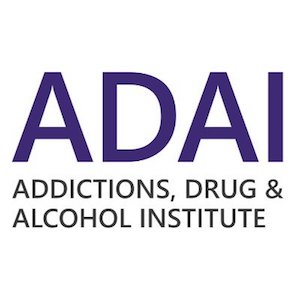The University of Washington Addictions, Drug, and Alcohol Institute (UW ADAI), formerly the Alcohol & Drug Abuse Institute, is a multidisciplinary research institute at the University of Washington. UW established ADAI in October 1973 as a research institute for alcohol and drug use research at the university and in the northwest region. Grants and contracts from federal and state agencies and private foundations provide the majority of the Institute’s funding, which includes appropriations from the State’s Dedicated Cannabis Account.
Speakers
- WA Representative Shelley Kloba
- WA Representative Lauren Davis
- WA Senator Jesse Salomon
